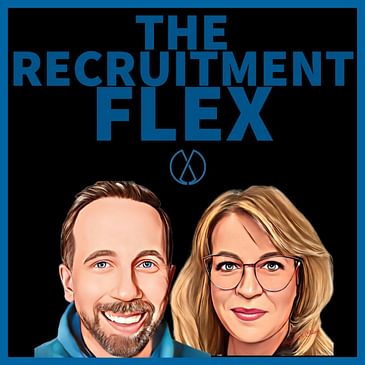This week on TRF we cover:
- Shelley enters the exclusive club, 60 is the new 50!
- Countdown to TATech June 4-6 in Washington DC.
In the News
- ChatGPT4o has some impressive upgrades. Check out the Tutor function
- ZipRecruiter has bad news and good news, earnings are down but free cash flow is healthy.
- The backlash was swift when Shopper’s Drug Mart posted a job ad looking for volunteers to stock shelves - unpaid!
- SeekOut lays off 30% of its workforce to reduce costs after spending $2 to make $1.
- HireEZ launches their Sourcing Hub as a one-stop-shop for Sourcers that will leverage job board partners.
Tip of the Week
- Your company career page is a window into your organization and its time to clean the windows. Its part of the candidate journey and pretty important to keep fresh.
Recruiting Insights
- Bias against Entrepreneurs; former business owners were 35% less likely to get an interview.
- Dell takes a sharp turn from supporting work flexibility to color-coded rating based on your attendance under the veiled threat of getting on the lay off list.
- Plus is GenZ responsible for return to office mandates


